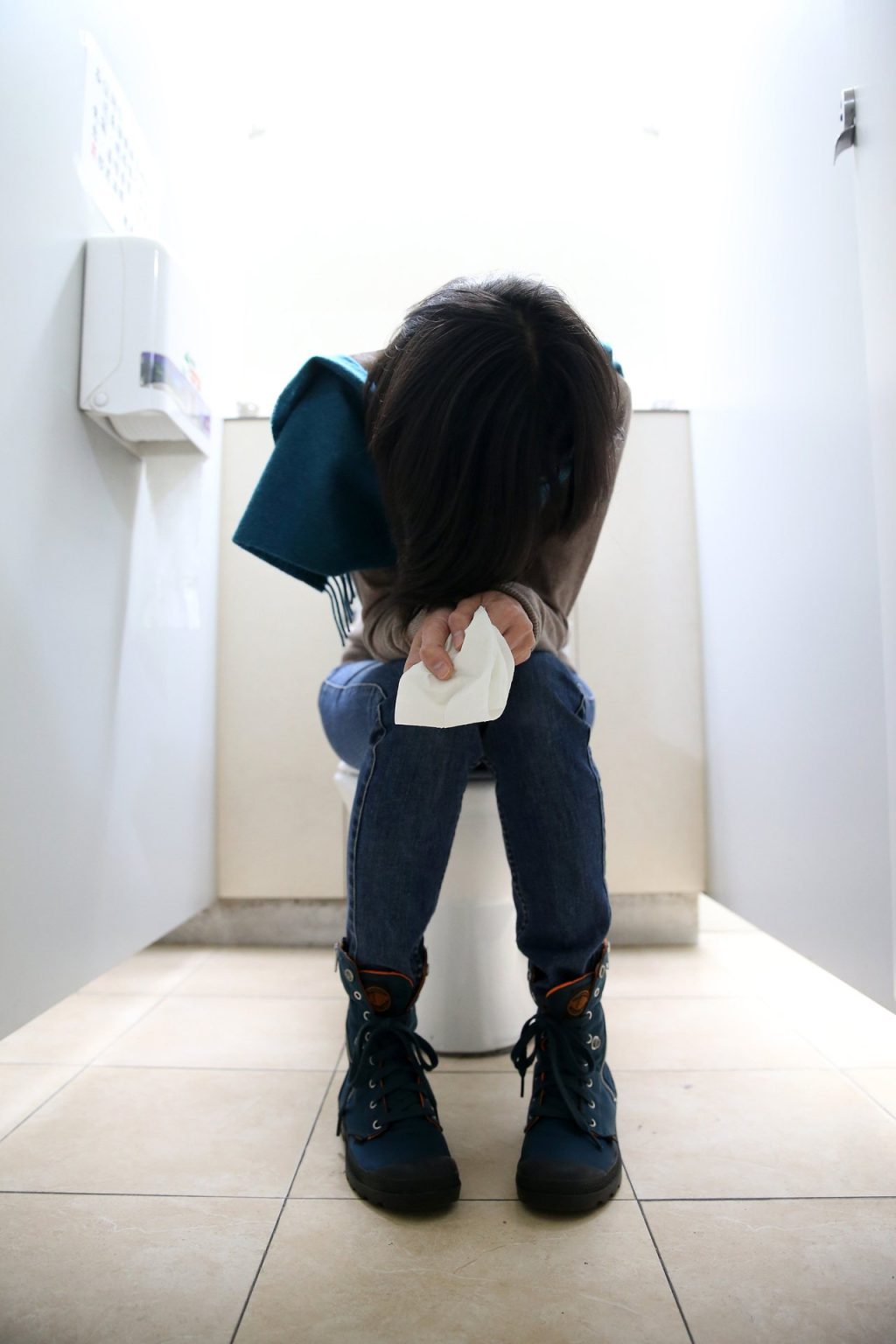Sitting for long periods of time, eating less fruits and vegetables, and being constipated frequently. Be careful of intestinal obstruction and tumors.

Mr. Lin, 30, from Taiwan, is busy with work and has irregular meals. He often sits for long periods of time and does not drink enough water. He is used to irregular bowel movements and does not think there is anything wrong with them. Until recently, he went to the doctor because of persistent abdominal pain. After the examination, the doctor told him that a large amount of feces had accumulated in his intestines, causing intestinal bloating and mild obstruction. He then realized that long-term constipation is not a minor problem, but a health warning.
Huang Boyu, a hepatobiliary gastroenterologist at Taoyuan Hospital, Ministry of Health and Welfare of Taiwan, pointed out that it is common for people in the outpatient clinic to mistakenly believe that they are constipated only if they have not defecated for a few days. In fact, the clinical definition of constipation is more extensive, including reduced bowel movement frequency (less than three times a week), dry and hard stools, difficulty in defecation, long defecation time or a feeling of incomplete defecation, etc. Long-term neglect of constipation may not only lead to hemorrhoids and anal fissures, but also cause chronic intestinal bloating. In severe cases, you should even be alert and go to the hospital to check whether it is related to abnormal intestinal structure or tumors.
Huang Boyu said that with the fast pace of modern life, constipation is no longer exclusive to the elderly. Office workers aged 30 to 40 are gradually becoming a high-risk group. Common influencing factors include long periods of sitting and less exercise, eating out more vegetables and less fruits, insufficient water intake, habitual bowel movement, and side effects of certain drugs such as analgesics, antidepressants or iron supplements, which may worsen intestinal motility and cause difficulty in defecation.
Huang Boyu emphasized that intestinal health is an important cornerstone of overall health. Many early signs of intestinal diseases are constipation or changes in bowel habits. Especially for young people, if they ignore the signals sent by the intestines for a long time, they may miss the golden opportunity for treatment. Pay attention to daily health care and gastrointestinal conditions, and seek medical assistance in time to intervene early to protect the intestines and overall health.
Taoyuan Hospital nurse Wu Xiuying also reminded that for people with functional constipation, adjustments in lifestyle habits can often bring significant improvements; she suggested that there should be regular work and rest and bowel movements every day, and it is best to choose the morning or after meals when the gastrointestinal motility is strong. In terms of diet, you should take in enough dietary fiber, with a recommended daily intake of more than 25 grams, and drink at least 2000 ml of water (if you have a water-restricted disease); in addition, moderate exercise such as brisk walking, yoga, or abdominal massage can also help activate the intestines.
For people who habitually use laxatives, Wu Xiuying specifically reminds them to use them with caution. Long-term abuse of laxatives may cause intestinal dependence, leading to poor function and aggravating constipation. If constipation lasts for more than three weeks, or is accompanied by abnormal symptoms such as abdominal pain, blood in the stool, weight loss, anemia, etc., you should go to a gastroenterologist as soon as possible, and arrange colonoscopy and other examinations if necessary to rule out the possibility of organic lesions.








